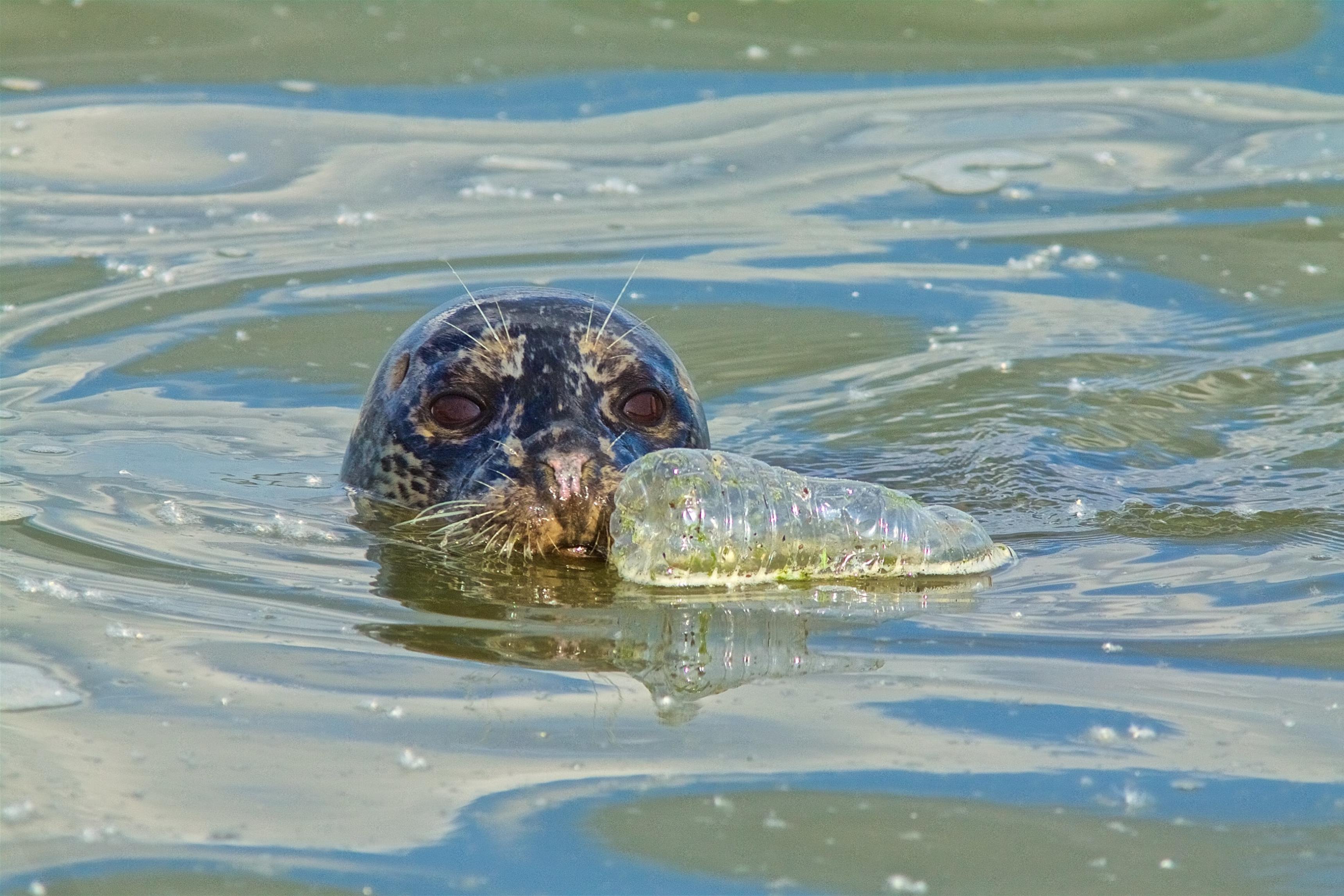Industrial discharges
Industrial discharges of chemicals, byproducts or water that became contaminated when it was used in the manufacturing process is another cause of pollution. The Rhine was once so polluted due to discharges from Germany’s chemical plants that it was possible to develop film in the river. Lakes close to industrial facilities in Siberia were similarly so polluted that they didn’t freeze during winter.
Mining has been a major source of pollution due to slurries created through coal production or mineral extraction. This has led to several Robeco engagement campaigns, particularly regarding the threat posed by the tailings dams that hold the waste products which leak into watercourses when not managed properly.
Oil leaks have been high profile when tankers ran aground or were damaged, spilling crude oil into the sea, but such leaks remain relatively rare. Almost half of the estimated 1 million tons of oil found in the sea each year comes from land-based sources such as car engine oil. One liter of motor oil poured down the drain is enough to pollute 60,00 liters of water.3
Radioactive leaks are also rare, though contaminated water has been found close to nuclear plants, and during uranium production. Water discharges contaminated by the Fukushima nuclear disaster in Japan contains radioactive isotopes with a half life of 5,730 years, meaning they pose a cancer threat to human and marine life for thousands of years






















